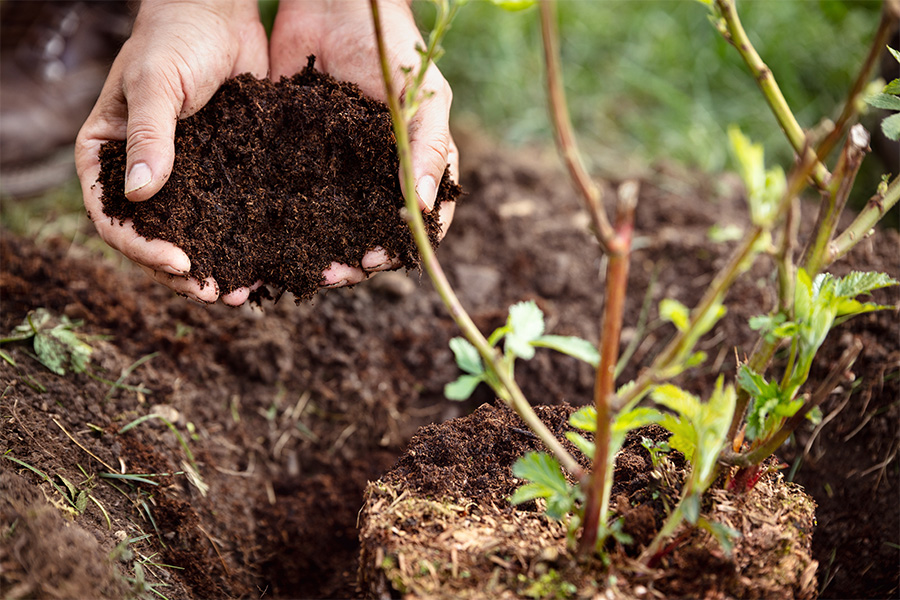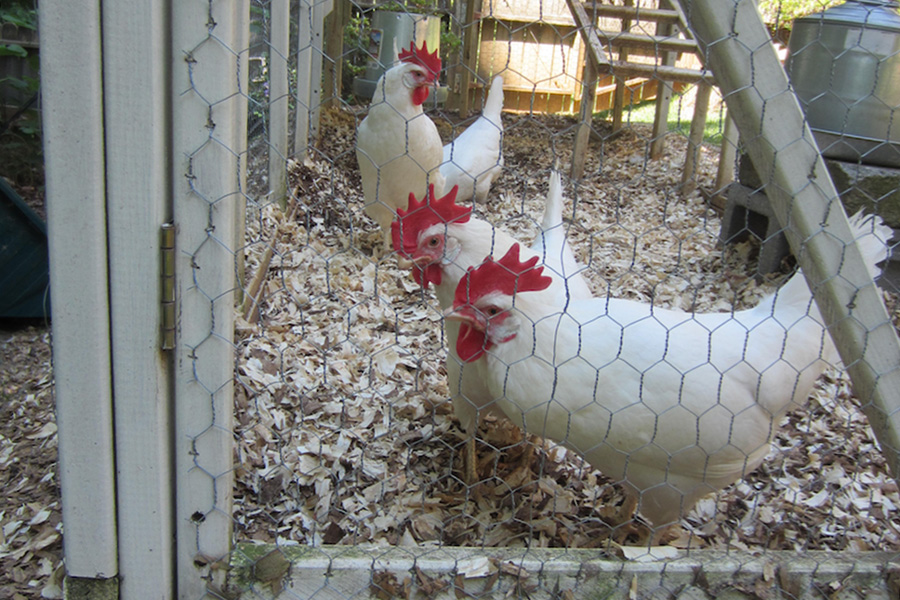Composting
-

Composting is a sustainable practice that transforms organic waste into nutrient-rich soil amendments, improving soil health, crop yields, and water quality while reducing landfill waste and methane emissions. This resource provides guidance on site selection, pile management, and proper monitoring of temperature and moisture, which are essential to ensure efficient decomposition and prevent odors, pests, or contamination. By understanding these principles and choosing the right method, growers, landscapers, and homeowners can create high-quality compost that supports healthy, sustainable soils and operations.
Bethany A Harris and Heather Kirk Ballard
|
-

Citizens throughout Georgia are recycling newspaper, cans, glass and plastic in an effort to divert these materials from the waste stream. Another important part of waste reduction involves recycling leaves, lawn clippings, and tree and shrub trimmings instead of placing them curbside for the county or municipality to pick up. These landscape riches from Mother Nature can be easily recycled and turned into nutrient-rich organic matter right in your backyard through a process called composting.
Bodie V. Pennisi
|
-

C 816
Composting and Mulching
This publication explains how to build, maintain a compost pile as well as how to use compost and mulch in the yard and garden.
Bodie V. Pennisi
|
-

Your coop is ready. You’ve built a covered run or exercise yard to keep your chickens safe from predators and wild birds that carry diseases. Your chicks are old enough to move outside, and you’re eagerly awaiting your first fresh eggs.
In the meantime, your chickens are producing something else on a daily basis: manure. How do you handle all of that poultry poop so that your neighbors don’t complain about the smell and the flies?
One good answer is composting. Properly composted poultry litter—manure mixed with bedding material, such as pine shavings—is a valuable soil amendment. However, just as it takes care and management to get your chickens into laying condition, it takes care and management to compost the litter from poultry housing environments.
Casey W. Ritz and Heather Kolich
|
-

Composting is the controlled biological process of decomposition and recycling of organic material into a humus-rich soil amendment known as compost. Mixed organic materials such as manure, yard trimmings, food waste and biosolids must go through a controlled heat process before they can be used as high quality, biologically stable and mature compost (otherwise it is just mulch, manure or byproduct). Compost has a variety of uses and is known to improve soil quality and productivity as well as prevent and control erosion.
L. Mark Risse, John W. Worley, and L. Britt Faucette
|